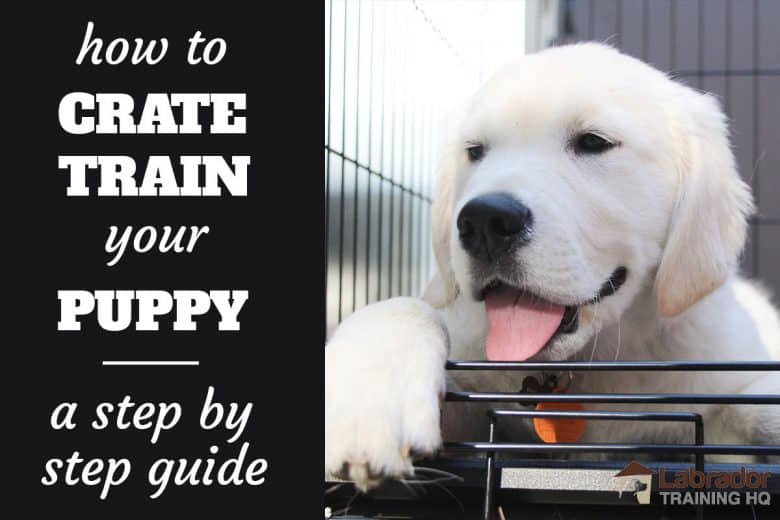A 4-month-old puppy should pee every 2-3 hours. Having a 4-month-old puppy brings a lot of joy and happiness to your home.
However, it also comes with the responsibility of taking care of their basic needs, including bathroom breaks. Puppies at this age have a smaller bladder capacity and higher metabolism, which means they need to eliminate more frequently. On average, you can expect your 4-month-old puppy to pee every 2-3 hours throughout the day.
Establishing a consistent potty routine and providing frequent opportunities for your puppy to relieve themselves will help with house training and prevent accidents inside your home. In the following sections, we will explore why puppies pee often, how to determine when they need to go, and some tips for successful house training.
Understanding The Basics Of Potty Training A 4 Month Old Puppy
Potty training a 4-month-old puppy is crucial in establishing good habits. Understanding the puppy’s physiological needs is essential. At this age, a puppy’s bladder control is still developing. They generally need to pee every 2-3 hours. Bowel movements may occur 2-4 times a day.
Consistency is key when it comes to potty training. Establishing a routine helps the puppy understand when and where to relieve itself. Take your puppy outside after meals, naps, and play sessions. Reward them with praise or treats when they successfully go outside.
However, accidents are bound to happen. It’s important to remain patient, consistent, and avoid punishing the puppy. Over time, with proper training, the puppy will learn to understand and follow the routine, resulting in a well-trained and housebroken companion.
Establishing A Potty Routine For Your Four-Month-Old Puppy
Establishing a potty routine for your four-month-old puppy requires consistency and regularity in potty breaks. By identifying signs of when your puppy needs to pee, you can ensure timely and appropriate bathroom breaks. As a general guideline, four-month-old puppies should be taken outside to pee around six times a day.
This frequency allows them to empty their bladder frequently enough to prevent accidents. However, each puppy is unique, and their individual needs may vary. Pay attention to their behavior after meals, playtime, and sleep, as these are common times for them to need to relieve themselves.
Additionally, monitor your puppy for signs such as sniffing, circling, or restlessness, which could indicate a need to go potty. By following these guidelines and being attentive to your puppy’s cues, you can establish a successful potty routine for your four-month-old furry friend.
Tips For Successful Potty Training
Successfully potty training a 4-month-old puppy requires a few key strategies. First and foremost, create a designated potty area for your pup to associate with bathroom breaks. Use positive reinforcement techniques and rewards to encourage them to use this area consistently.
To prevent accidents, supervise your puppy closely and use confinement strategies, such as a crate or baby gates. Keep an eye out for signs that they need to go, like sniffing or circling, and immediately take them to the designated spot.
Stay consistent with a regular schedule for bathroom breaks and gradually increase the time between each trip outside as your puppy grows and becomes more capable of holding their bladder. With patience, consistency, and positive reinforcement, your puppy will soon become potty trained.

Credit: www.labradortraininghq.com
Identifying Issues And Troubleshooting Common Problems
A 4-month-old puppy should typically pee every 2 to 3 hours. Identifying potential issues and troubleshooting common problems is essential. Accidents happen, but how you handle them is key. Look for signs of regression in potty training, such as frequent accidents or difficulty holding urine.
Some puppies can be stubborn or reluctant when it comes to going outside. Patience and positive reinforcement are essential in dealing with this behavior. Avoid scolding or punishment, as it can create fear or anxiety. Instead, reward your puppy for going potty in the right place.
Consistency and established routines will help your puppy understand where they should do their business. Remember, every puppy is different, so be flexible and adapt to their unique needs. With time and guidance, your puppy will master potty training.
Additional Considerations For Potty Training A 4 Month Old Puppy
Potty training a 4 month old puppy involves some additional considerations. Proper crate training is crucial to establish a routine and create a safe space for your furry friend. It helps in teaching them bladder control and minimizing accidents. Another strategy for nighttime potty training is to limit water intake before bedtime.
This will reduce the frequency of bathroom breaks during the night. Additionally, it is essential to address any medical or health concerns that may be causing frequent urination. Consult with a veterinarian to rule out any underlying issues. By following these guidelines and being consistent in reinforcement, you can successfully potty train your 4 month old puppy.
It requires patience, consistency, and understanding but it is a rewarding process that will benefit you and your furry companion.
Conclusion
Taking care of a 4-month-old puppy involves understanding their bathroom needs to ensure they stay healthy and happy. Puppies at this age have limited bladder control, requiring more frequent pee breaks compared to older dogs. It is recommended to take a 4-month-old puppy for a bathroom break every 2-3 hours, especially after meals and naps.
Consistency and patience are key when establishing a bathroom routine. By providing ample opportunities for your puppy to relieve themselves, you can avoid accidents indoors and reinforce good habits. Remember to reward your puppy for successful bathroom trips to encourage positive behavior.
As your puppy grows, their bladder control will improve, and the frequency of pee breaks can gradually decrease. Properly attending to your puppy’s bathroom needs is an essential aspect of their overall care and contributes to their well-being. With consistent training and attention, your furry friend will become a pro at bathroom etiquette in no time.
